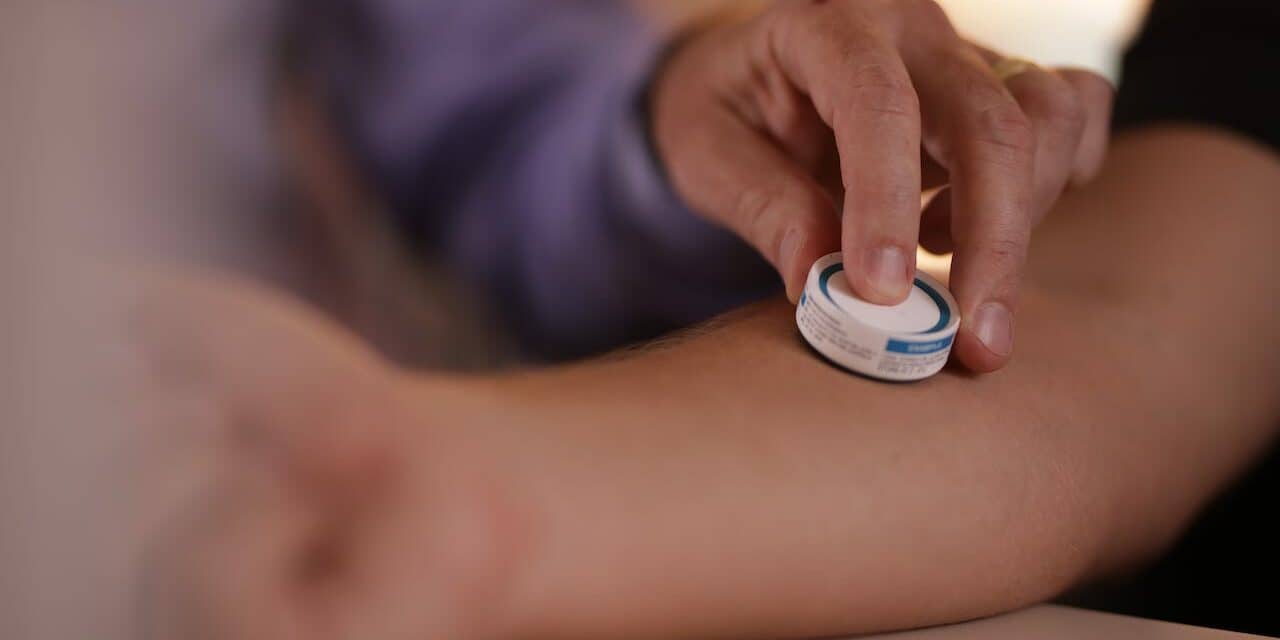Clinical-stage biotechnology company Vaxxas has initiated a phase I clinical trial for the first needle-free inactivated seasonal influenza vaccine quadrivalent (IIV4) candidate, delivered using the company’s high-density microarray patch (HD-MAP) technology.
The trial will assess the safety, tolerability, and immunogenicity of the IIV4 candidate in approximately 150 healthy participants, aged 18 to 50, who have not received an influenza vaccine within the last six months and have received no vaccines for at least 30 days prior to participating in the study.
Researchers estimate that fear of needles affects up to 25% of adults and may lead to 16% of people in developed world countries skipping routine and pandemic vaccinations.
“Vaccine delivered via a HD-MAP patch is easy to use and can potentially be self-administered. It can simplify distribution by removing or reducing the need for refrigeration and avoids needles, all factors that could improve access to, and acceptability of, current influenza vaccines, offering greater protection each season to communities around the globe,” says Vaxxas CEO David L. Hoey in a press release.
The vaccine being delivered by Vaxxas’ HD-MAP in the study is a commercially available IIV4 from an undisclosed biopharmaceutical and medical device company.
The specific strains of influenza virus targeted in any given seasonal IIV4 are established annually by regulatory health agencies and encompass two strains of influenza A and two strains of influenza B. By targeting four significant strains of the influenza virus, quadrivalent influenza vaccines are designed to offer broad immune coverage against the flu viruses expected to circulate across the globe for a given flu season.
In contrast to current influenza vaccines given by needle and syringe, which must be stored under refrigerated conditions, typically 2°C – 8°C to remain effective, Vaxxas has shown that influenza vaccine on the HD-MAP can be kept at temperatures up to 40°C, for at least 12 months, without losing effectiveness. These thermostability benefits of an HD-MAP influenza vaccine have the potential to enable broader distribution at a lower cost.
“We are excited by the potential of our needle-free, seasonal flu patch development program. This clinical trial builds upon our compelling body of data from clinical and preclinical studies using flu vaccines,” says Hoey in the press release.
Photo credit: Vaxxas










